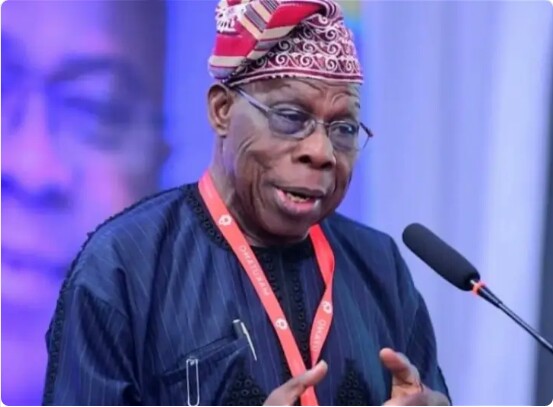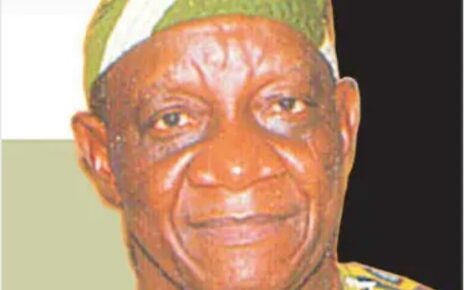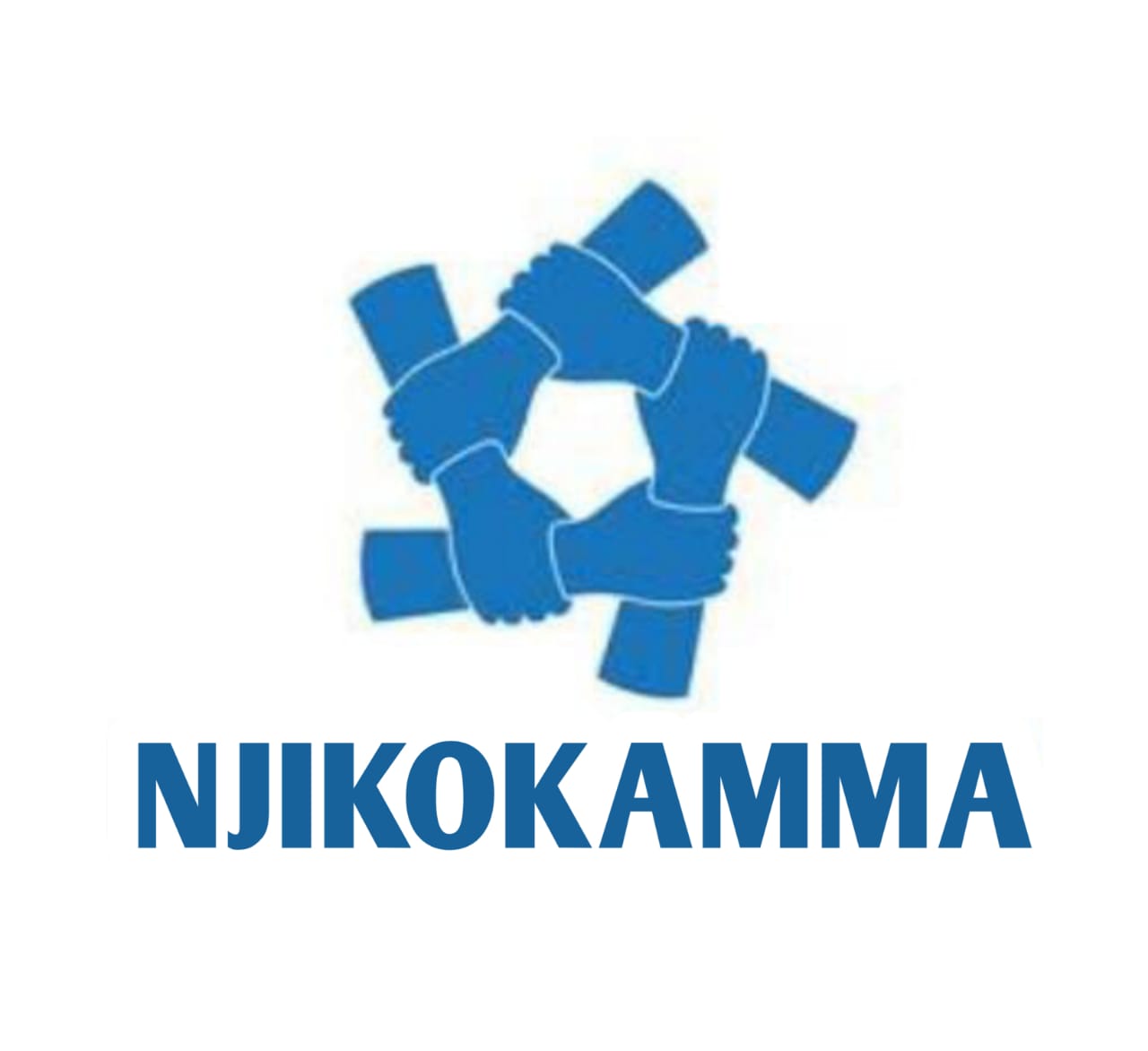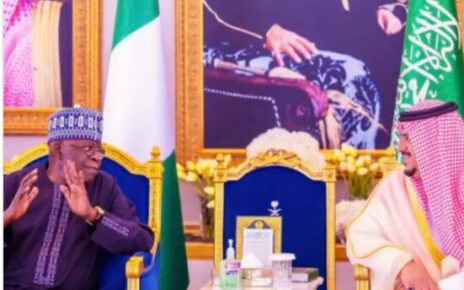Presidency Attributes Current State of Nigeria’s Democracy to Obasanjo’s Initiatives
By Gyado T Emmanuel
Presidency Attributes Current State…..
Noteworthy response to former President Olusegun Obasanjo’s recent remarks on Nigeria’s democracy, the Presidency, through the Special Adviser on Information and Strategy, Bayo Onanuga, attributed the current state of the country’s democratic system to initiatives introduced by Obasanjo himself. Onanuga underscored that the foundations of Nigeria’s democracy were laid during Obasanjo’s tenure as both military Head of State (1976–1979) and civilian President (1999–2007).
Stakeholders Advocate Urgent Implementation of Treaty Safeguarding Oceans and Ecosystems
ECOWAS Court Declares Nigerian Broadcasting Code Violates Freedom of Expression
The assertion by the Presidency emphasizes the historical context of Nigeria’s democratic evolution, pointing to Obasanjo’s pivotal role in shaping the country’s political landscape. The democratic journey, initiated during Obasanjo’s military regime and solidified during his civilian presidency, forms the backdrop for contemporary political structures and practices in Nigeria.
Onanuga highlighted that Obasanjo actively championed the adoption of the current democratic model in 1979, indicating that the former president played a key role in steering the country towards the democratic path. The adviser noted that Obasanjo’s stance, questioning the efficacy and suitability of the democratic system after leaving office, seems to reflect a post-presidential perspective.
The exchange between the Presidency and Obasanjo sheds light on the ongoing discourse about the effectiveness and challenges of Nigeria’s democracy. As a figure with extensive experience in both military and civilian leadership, Obasanjo’s critical reflections on the democratic process garner attention and prompt discussions on potential reforms or improvements needed to enhance the system.
While the Presidency attributes the genesis of Nigeria’s current democratic framework to Obasanjo’s influence, the broader conversation includes considerations of democratic governance, electoral processes, and institutional reforms. The acknowledgment of Obasanjo’s role in shaping Nigeria’s democracy, coupled with the recognition of evolving challenges, may stimulate dialogue on optimizing democratic institutions and practices for the country’s socio-political development.
As Nigeria continues its democratic journey, the perspectives shared by leaders, past and present, contribute to a dynamic discourse that influences public discourse, policy decisions, and the future trajectory of the nation’s democratic governance.
If you liked this article, then please join our WhatsApp Group for More tutorials. You can also find us on Twitter and Facebook.
Disclaimer: Contents provided and/or opinions expressed here do not reflect the opinions of The Charity Reporters or any employee thereof.





